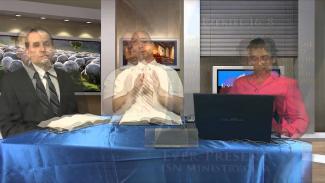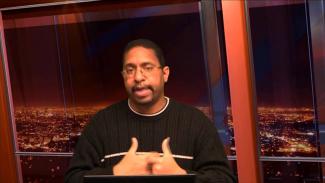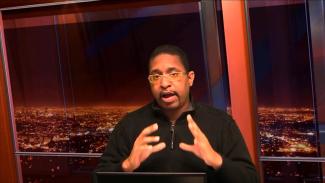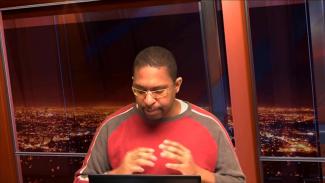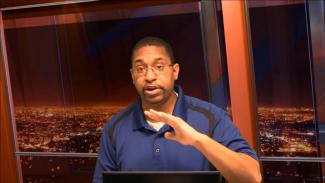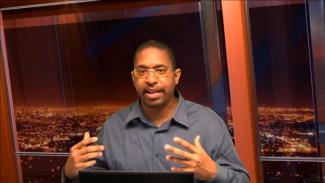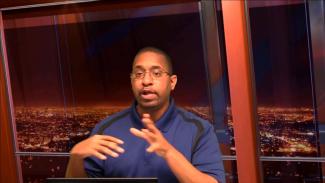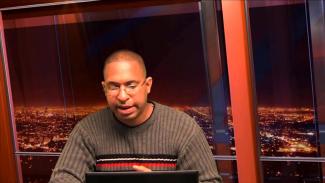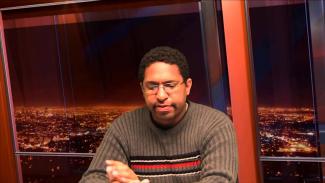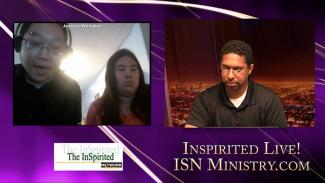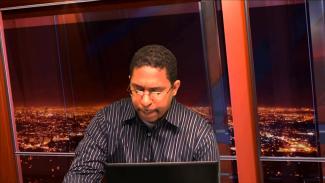Have you ever had a problem that you wanted to hide from everyone around you? Are there things in your life you wish no one knew about? Why is the world the way it is? Why do we see so much corruption, greed, disease, sickness, and problems as we observe the world around us? Is God still involved in the affairs of humanity? Where was God when everything started going wrong? Can we trust that God is still present today even in the midst of political and moral turmoil? Man hides from God, but God is ever-present and seeking out humanity. Where are you?

